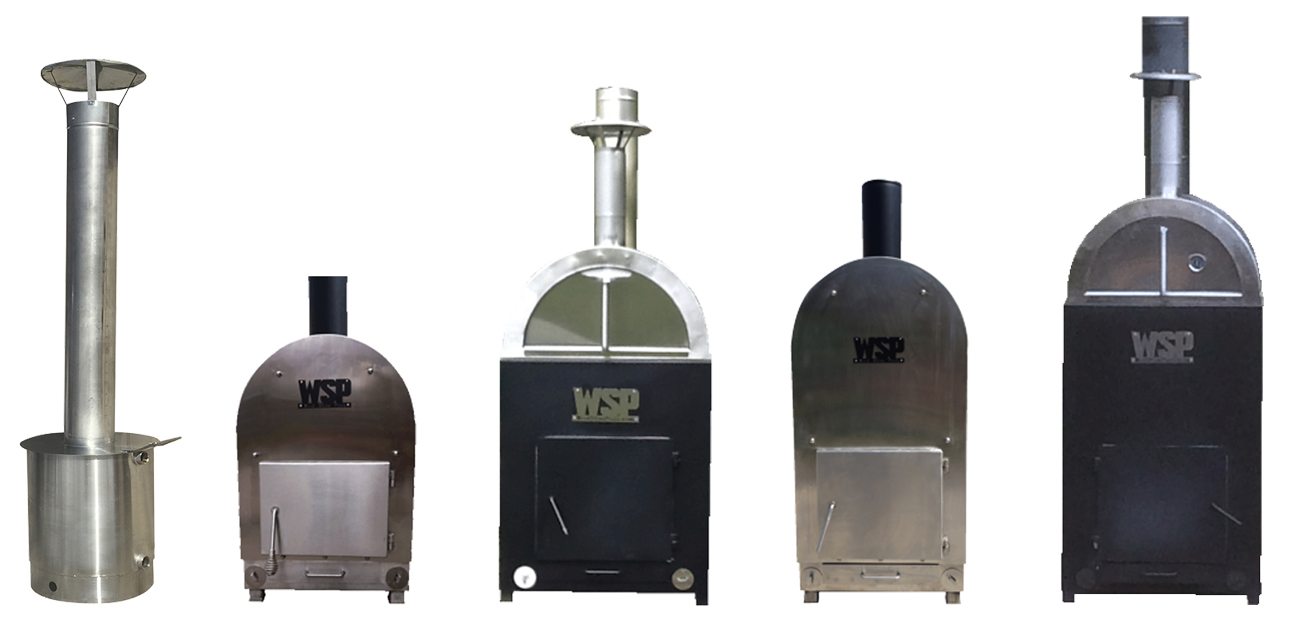Burning wood produces environmental impacts.
That is why it must be done responsibly.
Responsible wood heating should be defended from criticism that it is bad for the environment. In fact it should be promoted on environmental grounds.
When we talk about the impact of wood burning on the environment we should consider three distinct forms of impact:
1. smoke pollution outdoors,
2. indoor air pollution, and
3. the impact on the health of the forest.
Even though there are these three different forms of impact, being responsible is not such a complicated task. Responsible wood heating is so straightforward that its main requirements can be stated in a single sentence, like this one:
Burn sustainably harvested, properly processed and seasoned fuel in an advanced combustion stove or fireplace that is vented through a chimney that runs straight up through the building.
It sounds so simple, but as you can imagine, there are some complex issues and layers of meaning under the surface of the words. Here is a brief explanation.
Properly processed wood is cut to the correct length and split to the correct range of sizes for the appliance. Having wood the right length and range of size makes it easy to build good, clean burning fires.
Properly seasoned fuel is processed in the spring and stacked in an area open to sun and wind for the summer. You cannot burn without smoke if you are using wet wood.
Sustainable harvesting involves selective, uneven age cutting so that an acceptable level of biomass and biodiversity is maintained permanently on the site.
Advanced combustion stoves and fireplaces burn wood about 90 per cent cleaner and one-third more efficiently than older conventional appliances. That means a lot less smoke outside and lower forest impacts because less wood is used.
Although there has been a tradition in rural areas of burning garbage in backyard barrels and in wood burning heaters, it is now apparent that when you burn garbage, you’re making poison.
Air Emissions from Residential Heating: The Wood Heating Option Put into Environmental Perspective, a paper delivered to the 1998 Air and Waste Management Association conference. The final conclusion of the paper was:
“In regards to national or global scale air quality impacts, residential wood heating with new technology appliances and the direct use of natural gas are the most sound environmental options.”


